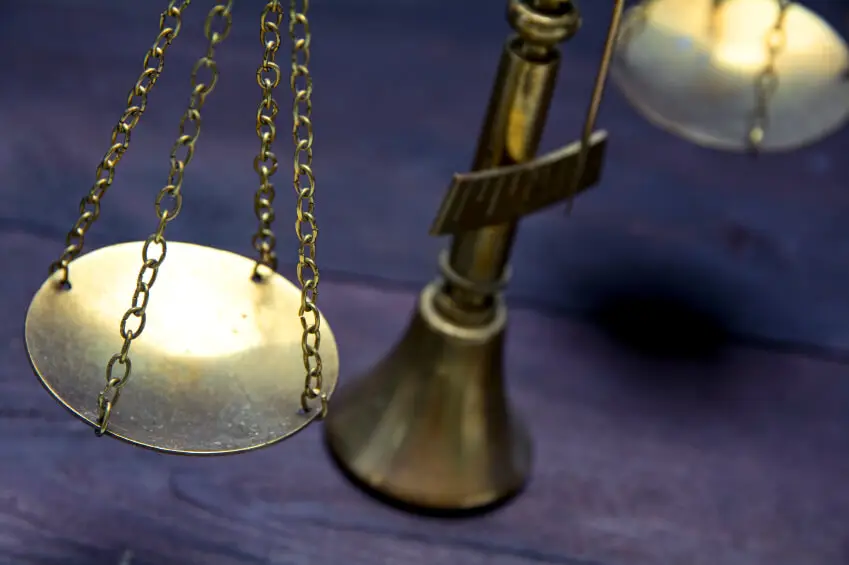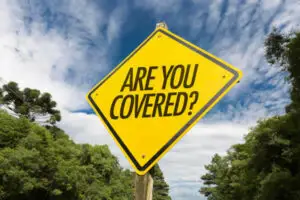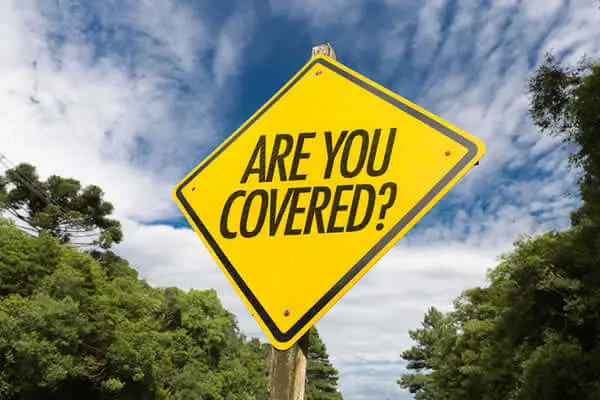You won your lawsuit, but will you actually receive your check? Find out how the process of collecting money after the judgment works.
How Post Judgment Collection Works
90% of injury cases settle without going to trial, but if yours does involve litigation, here’s how the money is collected.
After months, maybe even years, of long and hard work, you’ve finally won your lawsuit. So when’s your check going to come?
It’d be great if you got it as soon as possible. But remember, your personal injury lawyer has processes to go through yet.
Let me explain how it works:
- First, the defendant must let their right to appeal pass
After the verdict, the defendant has 30 days to file an appeal. Appeals rarely happen, so you don’t have to worry about them. But it is their legal right. So it may take at least another 30 days before you get your check.
- Will the debtor file bankruptcy?
Many times, bigger companies are the defendants. Because they’re financially stable, bankruptcy isn’t a concern.
If bankruptcy is a concern, you should have had a personal injury lawyer adept enough to know whether you should even go after the other company or individual in the first place. No sense in going after someone or some company who’s broke anyway and lacks the means to pay. It’s sad, but does happen sometimes.
And not all debts can be avoided in bankruptcy. For example, if a defendant was intoxicated and caused you harm, Chapter 7 Bankruptcy does not eliminate their obligation to compensate you.
Here’s a list of all the other debts the defendant cannot escape from.
- It can be a lot of work for your lawyer
Assuming you can collect, but the business or individual doesn’t want to pay, your personal injury lawyer can still take certain steps. If the business or individual has the money, you can attempt to garnish their bank account to collect. You do have to schedule a court hearing and show the debtor owes you money, but has not made payments.
Sometimes, you can seize property of the business (equipment, for example), sell it, and collect money from the sales of the equipment.
- Should you ever have problems collecting?
In the vast majority of cases, no. Your personal injury attorney should check up front to make sure the individual or business you wish to collect from has the financial resources available. Most have insurance policies covering them.
So you shouldn’t have any surprises. However, you can never predict the behavior of a business or individual. Sometimes, you might have some problems. They might just want to drag the process out as long as possible because they’re angry, for example.
But, you should rarely find yourself in a situation where you win your personal injury claim, but can’t collect.
Suggested Reading
Should you let your insurance company monitor your driving?
What should you NEVER DO after an accident?
How can Texas businesses prevent lawsuits for slip and falls?







